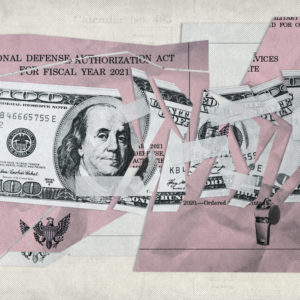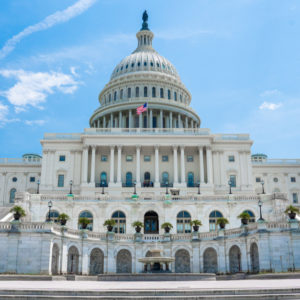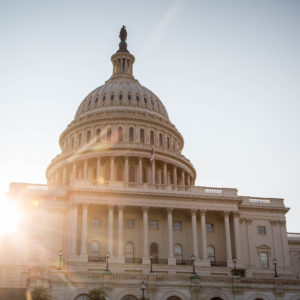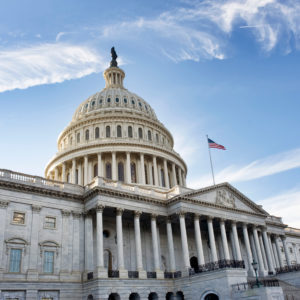
Defense Bill Includes Two Landmark Transparency Provisions
As 2021 began, Congress passed two landmark laws that will help improve the transparency of federal contractors and combat the use of anonymous shell companies for money laundering.
Money laundering fuels everything from terror finance and sanctions evasion to human trafficking and corruption. However, experts warn that our anti-money laundering efforts are on the brink of failure, as law enforcement only interdicts less than one-half of one percent of the trillions of dollars laundered each year. We need a new approach to addressing money laundering and the dangerous threats to our safety and security from the crimes funded through illicit finance.


As 2021 began, Congress passed two landmark laws that will help improve the transparency of federal contractors and combat the use of anonymous shell companies for money laundering.

Swiss bankers, and many other tax haven operatives, have always complained that they are unfairly victimised by international anger over their financial secrecy practices. “What about Delaware,” they routinely asked, “how come they can get away with it?”
And, at least in this respect, they had a point, even though it was merely a cheap exercise in what-aboutism. But, as of January 1, no longer:

Particularly in the wake of the tumultuous events of last week, it feels as though America’s divisions are so deep that our government cannot take meaningful action. However, there have been recent moments of successful bipartisan cooperation that deserve celebration.

A Brief Summary of The Corporate Transparency Act of 2019.

New blog from FACT’s Clark Gascoigne discusses the election’s impact on AML policy.

The FACT Coalition sent comments to FinCEN on proposed renewal of due diligence requirements.